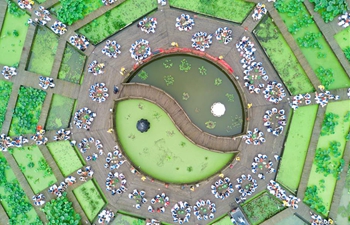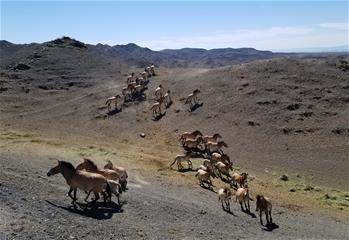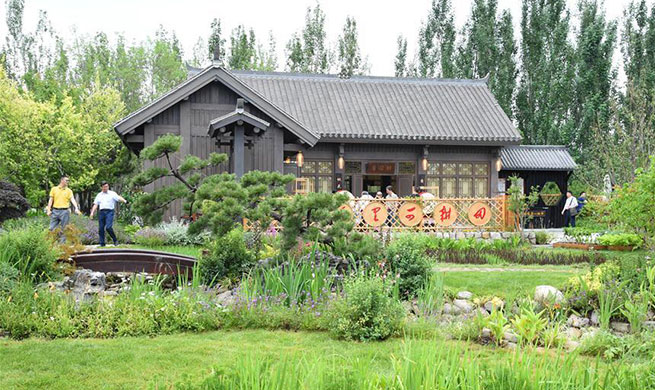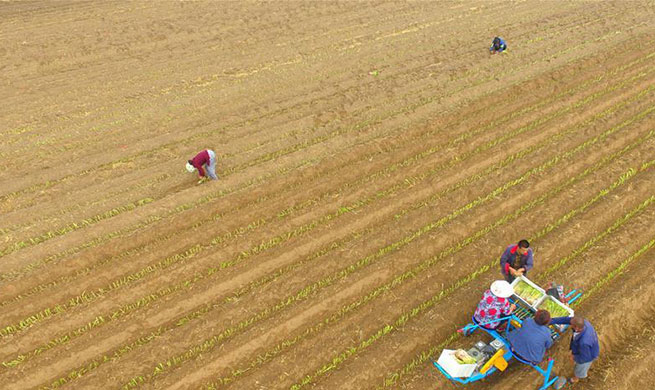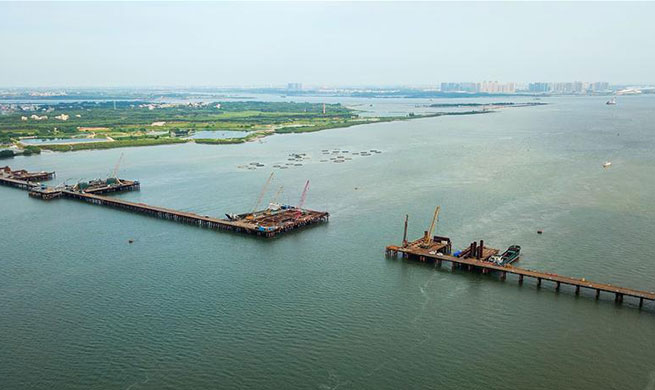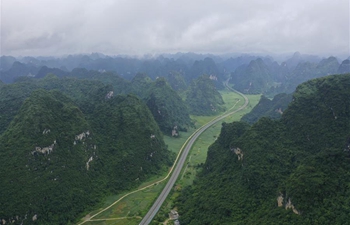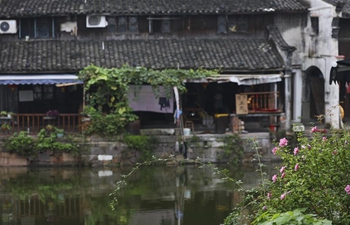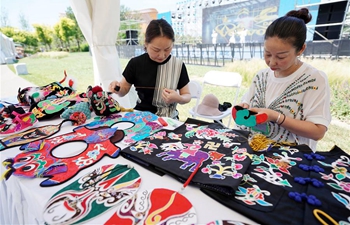DHAKA, July 7 (Xinhua) -- Bangladeshi Ministry of Women and Children Affairs has joined hands with the United Nations Development Programme (UNDP) to implement a six-year project benefiting almost 700,000 people mostly women and adolescent girls for climate resilient solutions.
The inception workshop of the project titled "Enhancing Adaptive Capacities of Coastal Communities, Especially Women, to Cope with Climate Change Induced Salinity" was held on Sunday in capital Dhaka.
According to a UNDP press release, the Bangladeshi Ministry of Women and Children Affairs provided 8 million U.S. dollars for such a project, and Green Climate Fund (GCF), the world's largest multilateral fund for climate change action, provided the rest as a co-financer to plan, implement, and manage climate-resilient solutions.
Speaking as the chief guest at the inception workshop, Kamrun Nahar, Secretary to the Ministry of Women and Children Affairs said, "The project will make a paradigm-shift in the way women will be empowered as 'change-agents' to plan, implement, and manage climate-resilient solutions to safeguard livelihoods and lives and help us to become a middle-income country."
UNDP's Resident Representative, Sudipto Mukerjee, highlighting the Sustainable Development Goals said, "We are committed to leave no one behind in implementation of the Sustainable Development Goals by 2030 with the government and partners like GCF, and it cannot be achieved if the women remain ignored as they are more vulnerable to adverse impacts of climate change given the higher risks they face and bear greater burdens every single day."
According to the statement, the project will provide assistance to women and girls in two coastal districts - Satkhira and Khulna - to adopt resilient livelihoods, while ensuring reliable, safe drinking water through community-managed rainwater harvesting solutions.
It will also seek to strengthen the participation of women in last-mile dissemination of gender-responsive early warnings and continued monitoring and adaptation of livelihoods to evolving climate risks.
A key aspect of the project is the focuses on enhancing women's access to markets and finance. In addition to training in business development, the project will link women's producer groups to business via networking activities (including through Public-Private Initiative platforms to be established at local level) and will provide support to access credit from the financial sector.


